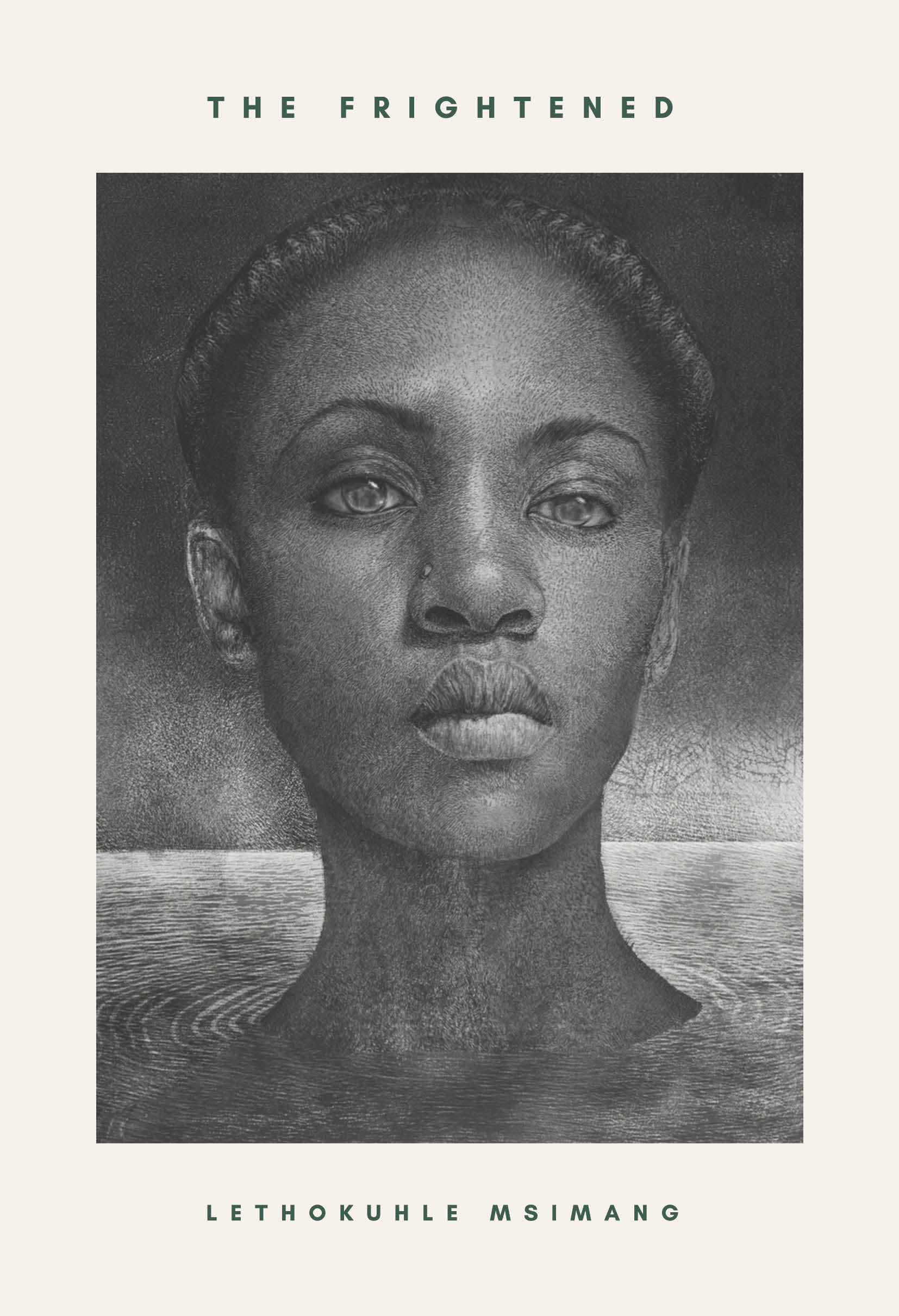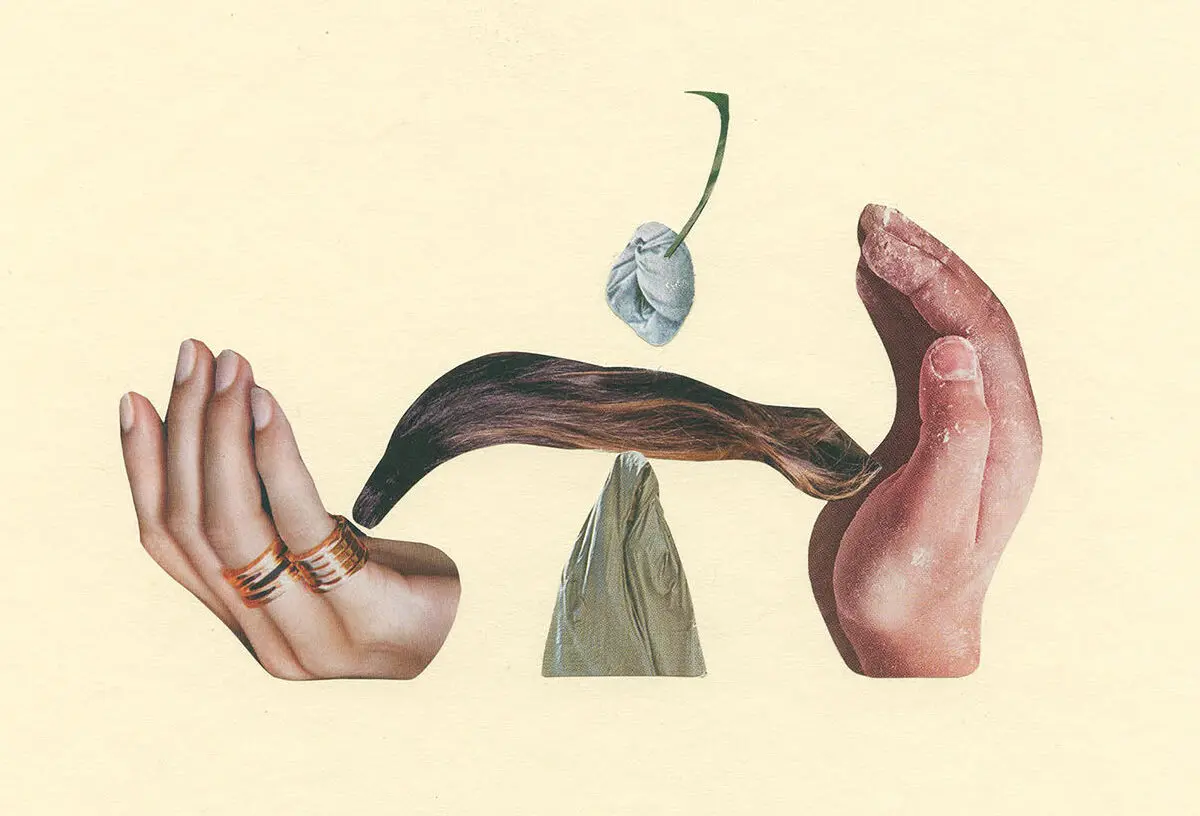
The Frightened | New waves in the South African literary community
Author
Year
Original language
Genre
Subgenre
The Frightened by Lethokuhle Msimang is one novel that has sent waves in the community of South African literature. Published by Karavan Press in 2023, this fragmented South African novella takes the reader through the author’s journey between France, China, Spain, and South Africa. The novella leads us through a new understanding of losing and finding home. As the reader, we receive an intimate insight into the author’s heart, soul, and mind. Lethokuhle Msimang was born in Durban, KwaZulu-Natal, South Africa. Her poems have appeared in New Coin, Grocott’s Mail, Hanging Loose, The Paris/Atlantic and Stanzas, amongst others. She also published Hubris, a collection of poems. The Frightened is her first novella.
Bringing the reader closer: the secret to a good novella
Written in an autobiographical style whilst using poetic devices and interventions, the novella uses the first person narrative to allow the reader to get close to the author, a brave decision that if done correctly, enables the novella to allow the reader into the intimate world of the author. During an interview with Hypercritic, Msimang shared her approach to The Frightened.
“I didn’t originally intend for it to be autobiographical – she said – but I was not in the state of mind to fabricate. I felt very raw and vulnerable around the time I was writing this; as such, I couldn’t shroud a veil around myself. I intended for it to be more prosaic but given my inclination for poetry, it kind of got fragmented. I also didn’t write it linearly, it was more of a piecing together of journal entries. In a way, I wanted the work to mirror my state of mind at the time, which was a little fragmented.”
The light in violence
Many authors use first-person narrative to create a more personal feeling in the novel. In this South African Novella, the narrator shares her experience of finding a home in violence and having to rediscover herself through such an experience. Talking about one’s trauma is never easy for any human being, but for a writer, it’s intensified as the words reflect how they mentally reexperience it, as Msimang explains to Hypercritic.
“I was experiencing a debilitating depression while writing my creative thesis for Rhodes University – she said – I felt inclined to see the course through but struggled in quite a profound way. I also had very little sympathy as no one fully understood what was happening. Neither did I to be honest. But as such I decided to use this as an opportunity to write towards the pain. I didn’t necessarily want to make sense of what I was going through, but I thought it would help to put it into words and make the pain a little less abstract.”
The Body
In the chapter of this South African novella, titled The Body, Msimang explores what it means to understand love and its representations in the world: “Do you remember the day you met your half-brothers and found that they were the same age as you? Or the first time you learned that love was friction, that to rub your parts against a pillow, a woman or a man could cause the same reaction”.
“I was once so insulated, so protected and warm, yet my first reaction to love was violent. I screamed ‘What are you looking at!’ to the boy who couldn’t help his gaze. He looked at me with so much love it provoked my disdain. Love wants to touch you, love wants to pull a child out from its mother’s womb, to pierce your soft parts and demand courage from you. Love accustoms you to the vulgarity of men. It is from the wetness, the endless thrusting, the bloody months and bloated belly, that I found myself curled in my first position. Love made a woman of me too soon and I killed my child, I killed my child, I killed my child” (Msimang, 100-101).
A feeling of quiet violence
Msimang brings the reader a collection of these different moments in which she experienced love. One of the most impactful approaches that Msimang makes is to describe love in an honest way that emits a feeling of quiet violence.
The mentioning of a womb and death, for example, in the same moment, creates a disorienting feeling in the reader, causing the reader to question how they experience love and if there are other parts to it that they never took into account. Msimang takes love and violence and creates a moment of contemplation for the reader.
Self-discovery through relationships
As we move from France, to China, to Spain, to South Africa, the author introduces us to characters that influence the narrator’s journey of self-discovery and acceptance. Experiencing the characters in this way, we are given an opportunity to be exposed to the culture and relationships that these countries have as we meet the author’s romantic interests.
The autobiographical writing style of the novella helps readers understand that the narrator’s experience of the characters only enabled her to understand herself better as well. “Well it taught me that I attached to people in the past in a very unhealthy way. I used relationships to kind of validate or plaster a primary wound. I also thought it was crucial to redirect the gaze a little. I wanted to give language to the debilitating effect of the white gaze on the black woman’s body and the male gaze as a whole as a kind of torture device,” says Msimang.
The power of fragments in a novella
Through a fragmented style, we move from one space to another in the way we are within a poem. The narrative shifts between short prose and long prose, broken up into stanzas and numbered. This approach creates moments for the reader to process what they have just read, with the impact only becoming stronger. “At the time I was reading Lidia Yuknavitch, Anais Nin, and Marguerite Duras, among others, I also read Maggie Nelson – Bluets. So I was quite exposed to a variation of forms. Each of these books presented an alternative approach to prose which made room for poetic interventions. Nin’s work was also a window into the power and effect of the diary as a kind of female gaze. But the fragmentation was quite directly inspired by Yuknavich, who in writing of trauma, similarly finds herself fragmenting the narrative.”
The Frightened is one South African novella that has explored a variation of forms and structures, bringing a new spin to the literary scene in South Africa, Lethokuhle Msimang inspires South African writers to break borders and experiment.
Tag
Buy a ☕ for Hypercritic








